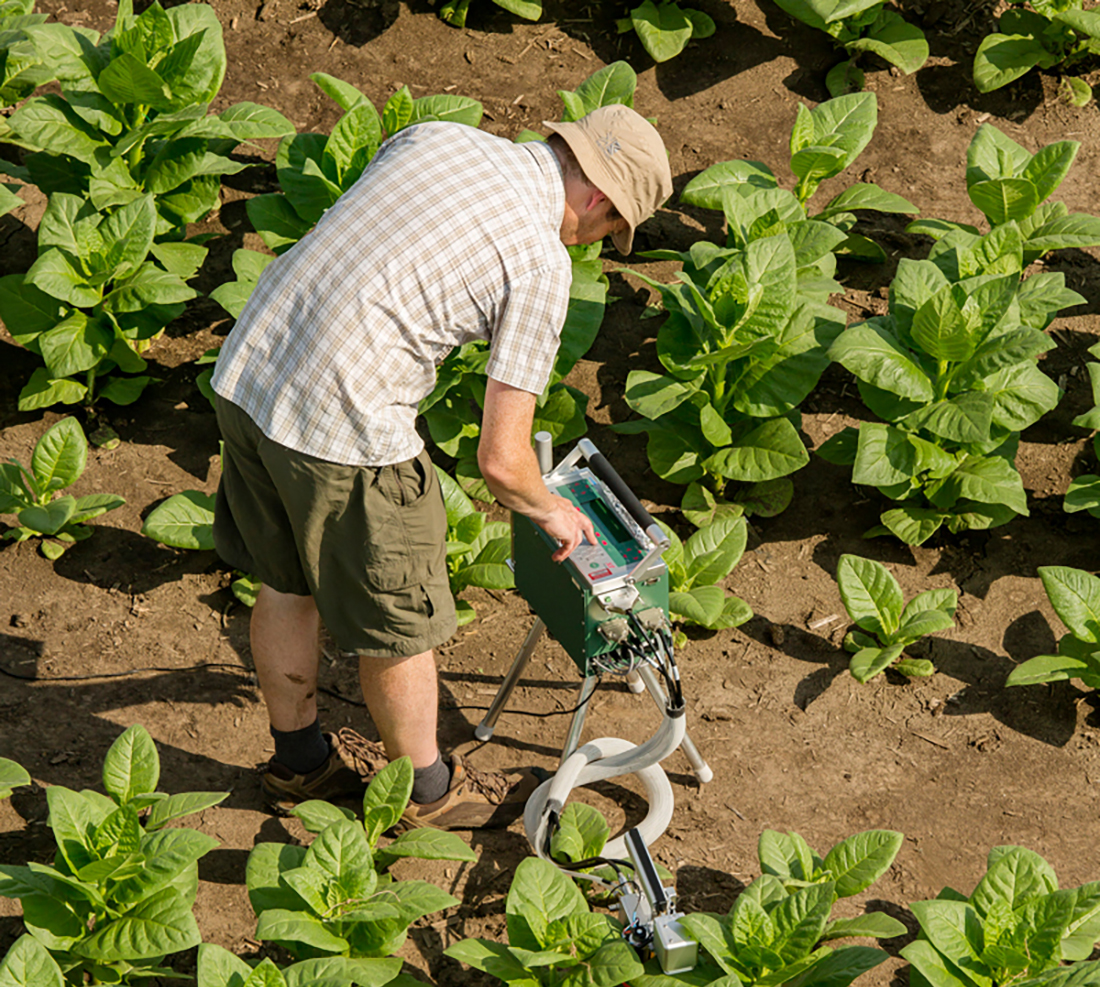Illinois research combats food insecurity
Established in 2012, RIPE was created to engineer plants to help solve food insecurity. It is a multi-university research group led by scientists at Illinois. Since it began, it has received more than $70 million in funding.

Funded by the Bill and Melinda Gates Foundation, the Realizing Increased Photosynthetic Efficiency (RIPE) research project is actively working to help solve food insecurity across the globe. For the last six years, RIPE has worked to improve photosynthesis, the complex 170-step process in which plants convert light and carbon dioxide into the sugars that fuel growth and produce higher yields.
The group’s current work includes:
- A June 2018 study indicated that helping plants remove toxins could boost crop yields by 47 percent. At times, instead of converting carbon dioxide during photosynthesis, plant proteins use oxygen instead. This produces toxins that damages the plant and stunts their growth.
- A May 2018 study showed that a naturally occurring protein in plant leaves could boost the yields of major good crops by 47 percent by speeding up the process of photorespiration.
- Another May 2018 study pointed to the fact that breeding cassava, a root that is a staple in the diet of individuals throughout the world, has not improved the crop’s photosynthesis or yield.
- A March 2018 study had results that improved how a crop uses water by 25 percent without compromising yield. This increase in usage was created by altering the expression of one gene that is found in all plants.
